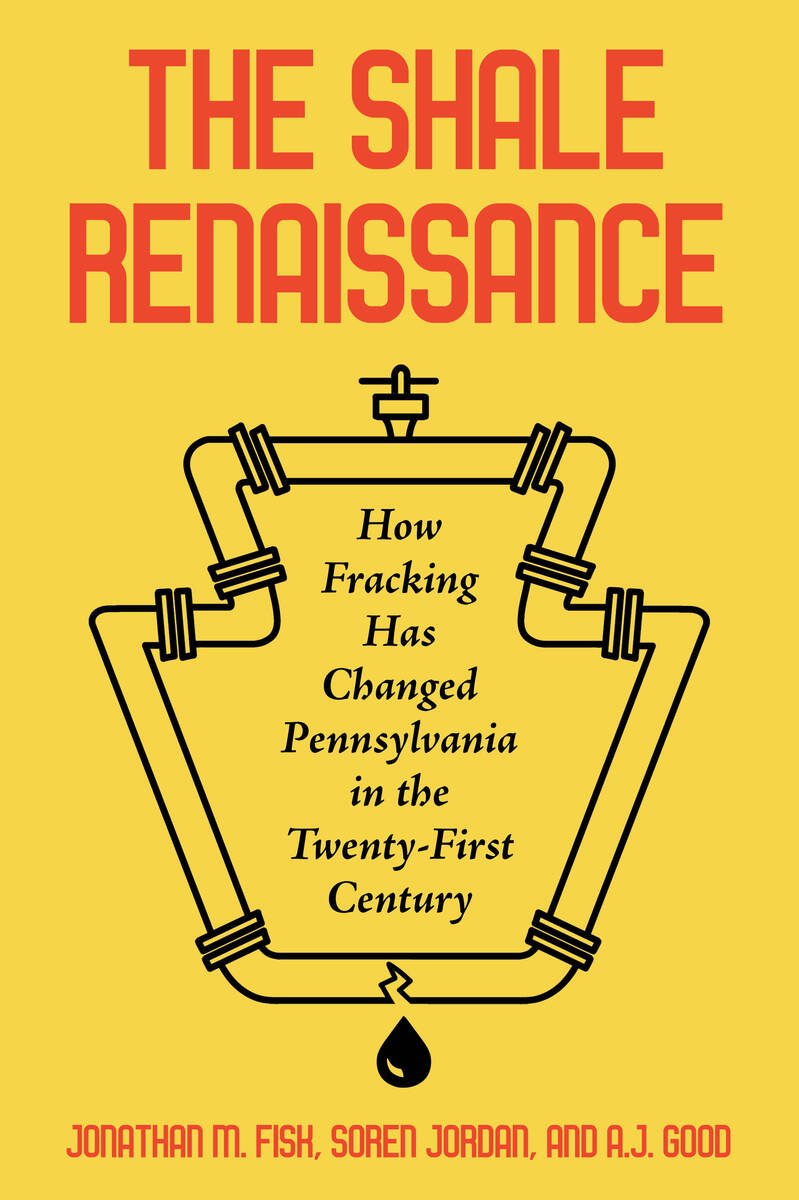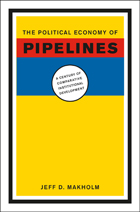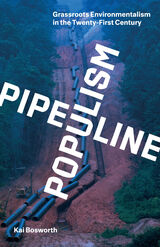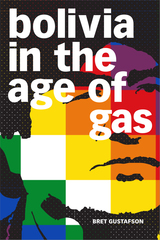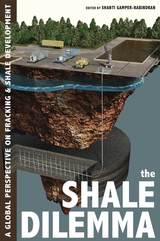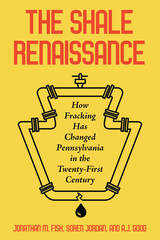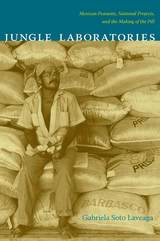eISBN: 978-0-8229-8908-0 | Cloth: 978-0-8229-4736-3
Library of Congress Classification HD9581.2.S53F68 2022
Dewey Decimal Classification 338.47665709748
Although a technique for hydraulic fracturing—more commonly known as fracking—was developed and implemented in the 1970s in Texas, fracking of the Marcellus Shale formation that stretches from West Virginia through Pennsylvania to New York did not begin in earnest until the twenty-first century. Unconventional natural gas production via fracking has ignited debate, challenged regulators, and added to the complexity of twenty-first-century natural resource management. Through a longitudinal study taken from 2000 to 2015, Jonathan M. Fisk, Soren Jordan, and A. J. Good examine how the management of natural resources functions relative to specific regulatory actions including inspections, identifying violations, and the use of specific regulatory tools. Ultimately, they find that factors as disparate as state policy goals, elected officials, the availability of data, inspectors, front-line staff, and the use of technology form a context that, in turn, shapes the use of specific regulatory tools and decisions.
See other books on: Hydraulic fracturing | Longitudinal studies | Pennsylvania | Shale gas industry | Twenty - First Century
See other titles from University of Pittsburgh Press
